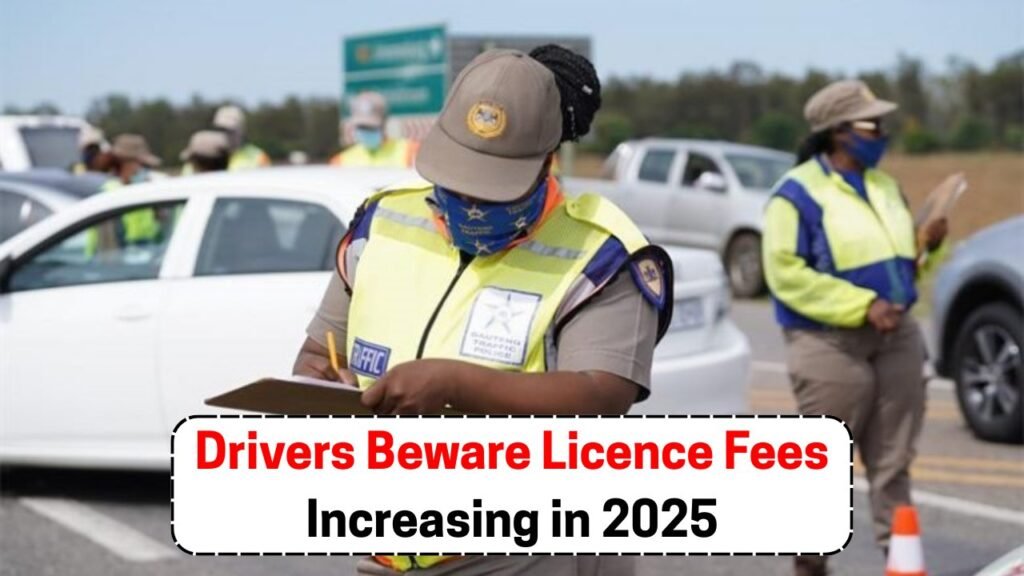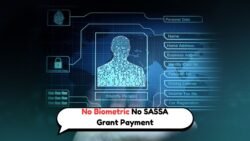South Africa 2025: Motorists Face Soaring Licence Renewal Costs: In a rapidly changing economic landscape, South African motorists are gearing up to navigate the challenges of increased costs associated with renewing their driving licences in 2025. Amidst evolving regulatory frameworks and economic fluctuations, the cost of maintaining legal driving status is a pressing concern for many. Factors contributing to this rise include inflation, administrative changes, and technological upgrades in the licence issuance process. This situation reflects broader economic trends affecting everyday expenses for South Africans, sparking discussions on budget management and financial planning for individuals and families.

Impact of Rising Licence Renewal Fees on South African Motorists
The announcement of increased licence renewal fees in 2025 has significant implications for South African motorists. As drivers adapt to these changes, many are evaluating the financial impact on their personal budgets. With household expenses already stretched due to inflation and other economic pressures, the added cost of licence renewal is a critical issue. This increase not only affects individual drivers but also has ramifications for businesses reliant on transportation. Delivery services, taxi operators, and logistics companies may face increased operational costs, potentially leading to higher prices for consumers. The government aims to justify these adjustments as necessary for upgrading service delivery and improving road safety, although the immediate impact on affordability remains a concern. Community forums and social media platforms are abuzz with discussions as citizens seek ways to mitigate these costs, including calls for policy interventions and subsidies to ease the financial burden on the public.
Strategies for Managing Increased Driving Licence Costs
With costs set to rise, South African motorists are exploring various strategies to manage the increased financial burden of licence renewals. Budgeting effectively is crucial; individuals are encouraged to plan ahead by setting aside funds specifically for this expenditure. Additionally, some drivers are considering longer-term renewals where possible to lock in current rates before further increases. Engaging in carpooling and other cost-saving measures can help offset the overall expenses linked to driving. Financial advisors suggest reviewing insurance policies and negotiating for better terms to reduce associated costs. Furthermore, advocacy groups are pushing for greater transparency and efficiency in the renewal process, hoping to ensure that the additional fees translate into tangible benefits such as reduced waiting times and improved service quality at licensing centers. By staying informed and proactive, motorists can lessen the impact of these changes on their financial well-being.
Technological Advances and Their Role in Licence Fee Adjustments
The drive towards integrating advanced technology in the licensing process is a significant factor in the rising costs of licence renewals. As South Africa aims to modernize its transportation infrastructure, investments in digital platforms for licence applications and renewals are underway. These enhancements promise to streamline services, reduce bureaucratic delays, and improve the overall efficiency of the licensing system. However, the initial financial outlay required for these upgrades is partly responsible for the increased fees. While the long-term benefits, such as improved road safety and reduced fraud, are clear, motorists are concerned about the immediate cost implications. The government is tasked with balancing the need for technological advancement with affordability for the average citizen. As these systems become operational, they promise a more user-friendly experience for drivers, reducing the time and hassle traditionally associated with licence renewals.
Public Response and Government Initiatives
The public reaction to the 2025 licence renewal cost increase has been mixed, with some understanding the necessity of the changes and others expressing frustration over the financial strain. In response, the government has been called upon to provide more clarity and justification for the fee hikes. Initiatives to educate the public about the benefits of the new systems and the reasons behind the cost adjustments are crucial in gaining public trust. Some sectors of the community are advocating for staggered or phased implementation of the new fees to lessen the immediate impact. Additionally, there are proposals for targeted subsidies or discounts for low-income earners to ensure equitable access to driving privileges. As discussions continue, it remains vital for the government to engage with stakeholders, including consumer rights groups, to address concerns and foster a collaborative approach to resolving financial challenges faced by motorists.







